Pakistan is a young country with over half of its population under the age of 24 years. Around 34% of the total Pakistani population is from 0-14 years of age. The need to provide paediatric dental services is therefore very important. Sadly though there are very few devoted and specialist paediatric surgeons in Pakistan.
Some of these names include Dr, Sobia Zafar, Professor Dr. Noeen Arshad and Dr. Arham Nawaz Chohan. Khan, Mahmud and Rahman in their research found that dental surgeons show a statistical difference in their preference for adopting paediatric dentistry as their field of choice over others dentistry specializations. Until 2013, there was no comprehensive Pediatric Dentistry Fellowship program nor related faculty in Pakistan teaching pediatric dentistry as a separate subject. This subject in dental curricula is made part of conservative and restorative dentistry, giving it less importance and significance as it deserves. The question is why is there lesser interest in developing pediatric dentistry specialization programs in Pakistan and where is the role of PMDC in all this?
On the policy making side, the lack of interest in developing dental act, dental policy or national dental strategic framework have all led to creation of a disorganized dental fraternity as we see now. There is no five year plan available of how the dental industry of Pakistan will develop. There is currently no need analysis, no predictions and no training programs designed to inculcate the growing demands of dental surgeons per region according to the population dynamics. The lack of national oral disease prevention health strategy is another contributing factor in creation of mismatched human resource in dentistry. However, these issues have been prevalent for quite some time now, and will continue to do so given the current lack of leadership direction in PMDC. The disinterest of dental surgeons is also another contributor to the current crises.
One cited reason for lack of interest among dental surgeons in pursuing the field is the lack of good training programs in Pediatrics Dentistry in Pakistan. This not only means the lack of course format, but also lack of teaching and training facility and facilitators and mentors for the process. With the partnership of government, PMDC and current Pakistani pediatric dentists, the problem can be resolved.
Another cited reason is the reduced monetary compensation and perception that the dental surgeon will be considered as only a pediatric surgeon not capable to handle procedures of adult dentition. This in turn puts the preference towards adult dentistry where incentives such as orthodontic treatments and implant dentistry can bring more revenue than pediatric dental care alone. Still another reason can be reluctance to handle anxious patients which is a hallmark in a pediatric dental surgery.
Again, the dental clinics in Pakistan are mostly focused on adult dentistry with very few having pediatric dental chair setups. One exception to the rule is the first specialized child health facility at Islamabad, the Integrated Health Services providing pediatric dental services.
The impact is sobering. According to a research conducted among 300 children of a private school, almost half of the participants did not have a positive attitude towards the role of dentist in maintaining their oral health. Dental floss was a very remote concept, with only 11% of children knowing what dental floss is and how to use it. The mean DMFT of 1.27 is again another indication that poor oral health practices were in play, leading to higher DMFT scores. This indicates that the absence of a comprehensive pediatric dental care policy in the country can lead to worsening statistics. Note that these statistics were taken from a private school, where children are considered to receive more care, attention and economic support. The same statistics will be worse for children belonging to lower economic strata.
All these factors however point to one single outcome, which is reducing quality of oral care among children. As dental surgeons, do we really feel the responsibility towards taking care of the future generations? The answer, based on these statistics is a grim no.
Peshawar: The Pakistan Academy of Paediatric Dentistry arranged a one-day symposium at the Khyber College of Dentistry, Peshawar. It was the first symposium...
Karachi: Pakistan is all set to exclusively host its first Implant dental conference on August 15th at the Pearl Continental Hotel, Karachi. The conference ...
Karachi: Pakistan is all set to exclusively host its first Implant dental conference on August 15th at the Pearl Continental Hotel, Karachi. The conference ...
LAHORE: Considering the significance of paediatric dentistry, the Institute of Advanced Dental Sciences and Research (IADSR) hosted a one-day workshop on ...
KARACHI – Dental News in collaboration with Baqai Medical University is organizing an Implant Conference Pakistan 2015 supported by Pakistan Dental ...
LAHORE: Keeping in view the importance of pediatric dentistry, a two-day workshop on the topic was recently conducted at the Institute of Advanced Dental ...
Live webinar
Tue. 24 February 2026
11:00 pm PKT (Islamabad)
Prof. Dr. Markus B. Hürzeler
Live webinar
Wed. 25 February 2026
1:00 am PKT (Islamabad)
Prof. Dr. Marcel A. Wainwright DDS, PhD
Live webinar
Wed. 25 February 2026
9:00 pm PKT (Islamabad)
Prof. Dr. Daniel Edelhoff
Live webinar
Wed. 25 February 2026
11:00 pm PKT (Islamabad)
Live webinar
Thu. 26 February 2026
6:00 am PKT (Islamabad)
Live webinar
Tue. 3 March 2026
9:00 pm PKT (Islamabad)
Dr. Omar Lugo Cirujano Maxilofacial
Live webinar
Wed. 4 March 2026
6:00 am PKT (Islamabad)
Dr. Vasiliki Maseli DDS, MS, EdM



 Austria / Österreich
Austria / Österreich
 Bosnia and Herzegovina / Босна и Херцеговина
Bosnia and Herzegovina / Босна и Херцеговина
 Bulgaria / България
Bulgaria / България
 Croatia / Hrvatska
Croatia / Hrvatska
 Czech Republic & Slovakia / Česká republika & Slovensko
Czech Republic & Slovakia / Česká republika & Slovensko
 France / France
France / France
 Germany / Deutschland
Germany / Deutschland
 Greece / ΕΛΛΑΔΑ
Greece / ΕΛΛΑΔΑ
 Hungary / Hungary
Hungary / Hungary
 Italy / Italia
Italy / Italia
 Netherlands / Nederland
Netherlands / Nederland
 Nordic / Nordic
Nordic / Nordic
 Poland / Polska
Poland / Polska
 Portugal / Portugal
Portugal / Portugal
 Romania & Moldova / România & Moldova
Romania & Moldova / România & Moldova
 Slovenia / Slovenija
Slovenia / Slovenija
 Serbia & Montenegro / Србија и Црна Гора
Serbia & Montenegro / Србија и Црна Гора
 Spain / España
Spain / España
 Switzerland / Schweiz
Switzerland / Schweiz
 Turkey / Türkiye
Turkey / Türkiye
 UK & Ireland / UK & Ireland
UK & Ireland / UK & Ireland
 International / International
International / International
 Brazil / Brasil
Brazil / Brasil
 Canada / Canada
Canada / Canada
 Latin America / Latinoamérica
Latin America / Latinoamérica
 USA / USA
USA / USA
 China / 中国
China / 中国
 India / भारत गणराज्य
India / भारत गणराज्य
 Vietnam / Việt Nam
Vietnam / Việt Nam
 ASEAN / ASEAN
ASEAN / ASEAN
 Israel / מְדִינַת יִשְׂרָאֵל
Israel / מְדִינַת יִשְׂרָאֵל
 Algeria, Morocco & Tunisia / الجزائر والمغرب وتونس
Algeria, Morocco & Tunisia / الجزائر والمغرب وتونس
 Middle East / Middle East
Middle East / Middle East
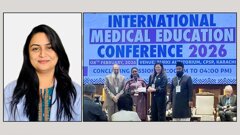
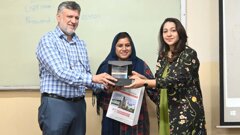

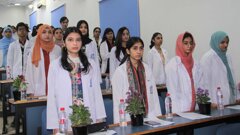



























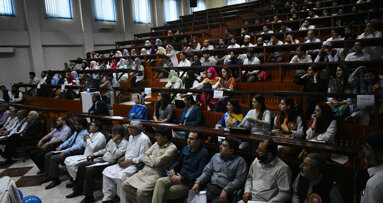
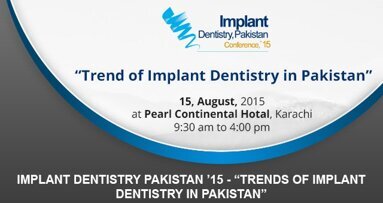
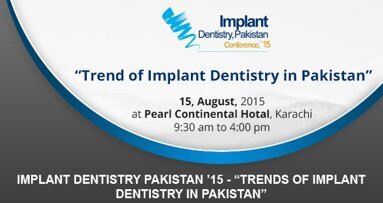

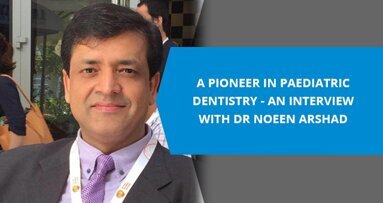
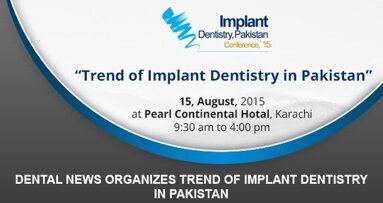

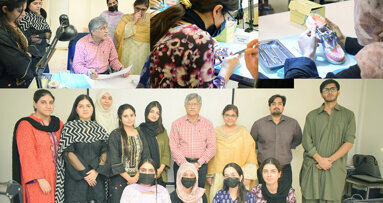
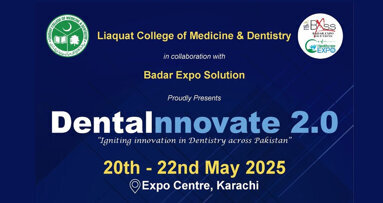
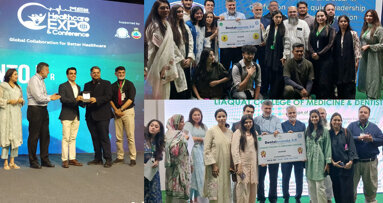
















To post a reply please login or register